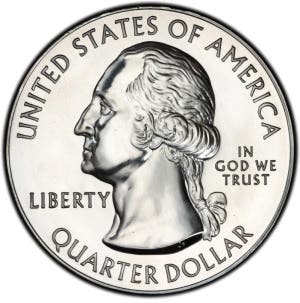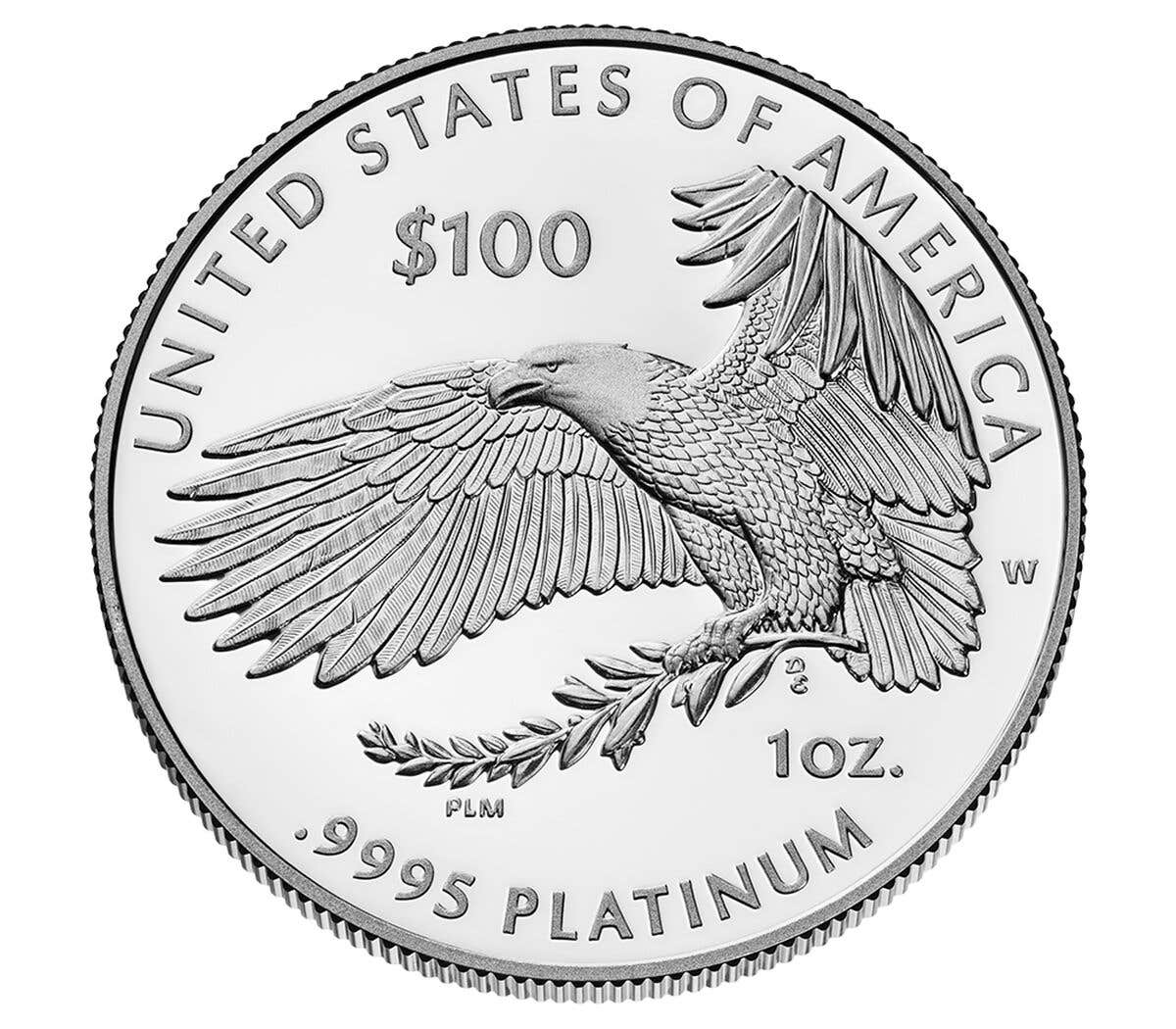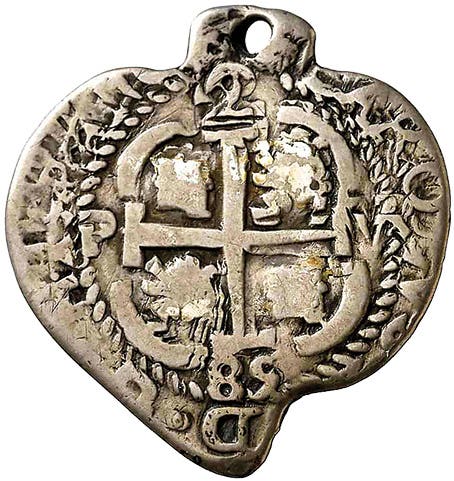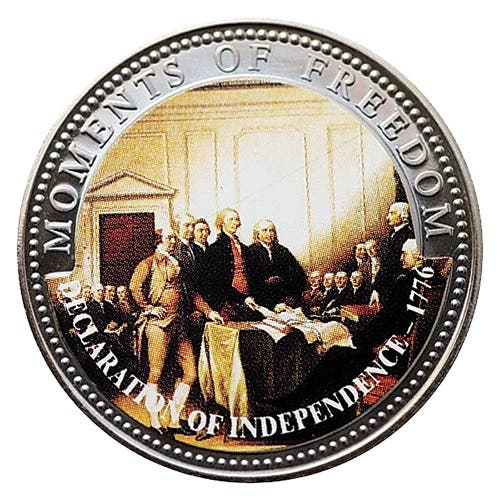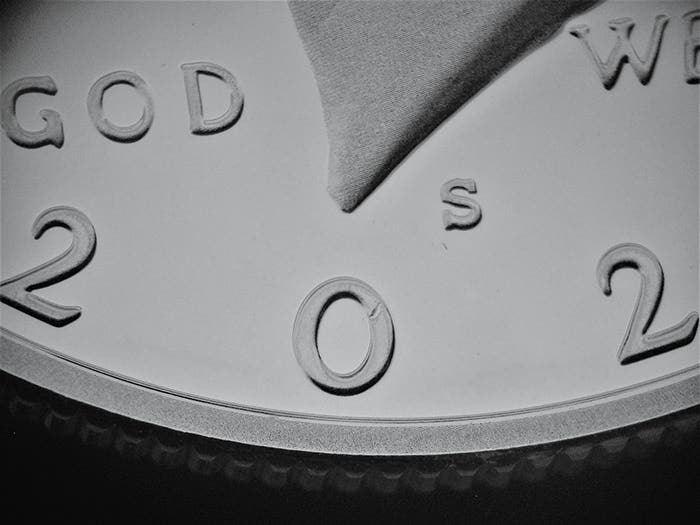Poll Question: How do you feel about grading services – essential, optional, or overrated? Why?
Answering the May 30, 2025 poll from the Numismatic News e-Newsletter, readers weigh in on the pros and cons of TPGS.
I only sent a few coins to a well-known grading service and wasn't too impressed with their service. They returned four coins in plastic holders with no title of the type of coin they were. Another coin, supposedly California Gold, was just loose in the return envelope with no explanation. Unfortunately, that coin was my wife's aunt's, which she purchased a long time ago, so I gave it the old magnet test, ouch. I guess only the T V Coin Shows are the only lucky ones to get that Golden 70. I, like many collectors, buy what I like, not a coin double or triple the price because of a grade.
Roy E Robertson
Maryland
When we begin collecting coins, we quickly find out that we need to learn to grade. The longer we collect and the more we collect, hopefully, the better we get at grading coins. However, the vast majority of collectors remain amateurs. It's always better to have an expert, impartial grader examine a coin and give us his opinion, especially when minor differences in a coin's grade can have a substantial effect on its value. A third-party grading service's opinion may not be perfect, as evidenced by the difference in values in coins with a certain grade compared to the same grade determined by other services, and also the number of resubmissions that many times result in different grades assigned to the same coins. There's still room for improvement in grading, but I'm more likely to trust the opinion of an impartial expert than that of someone who has a vested interest in the coin and/or may not be as much of an expert in grading.
Louis Iudiciani
Cumberland, R.I.
Grading services are optional. I sent a coin to be graded, but the coin was graded wrong.
I contacted the company, we discussed the situation back and forth several times.
Finally, the company said that I should send the coin to this address, which I did.
The coin came back 10 days later. It was graded cleaned. When I sent the coin in the first time, it was graded damage on the reverse. The coin was a Morgan dollar and the grade was at least MS64. The company ruined that coin, and there is nothing I am able to do.
Therefore, grading services are optional at best.
Name and Address withheld
Grading services have contributed to the growth of collecting. Pre-slabbing, coin collecting was a much smaller community where one considered the coin, the price, and decided whether to buy it or not. New collectors did not know how to correlate price and condition or filter the often-promoted BS from avaricious dealers. The result was fleeced collectors, consumer complaints, and a potentially stagnant market in the end without a continual supply of new 'fish.'
If one can grade, the service is not essential; if one can't, then they are essential. In the end, grading services have propelled the significant rise in prices for collector coins and dramatically altered the business, in my opinion.
Gary Burhop
Address Withheld
Essential, but it all depends on who you can trust!
Name and Address withheld
This query demands a multi-phased answer. Beginners and those who collect simply for the joy of it do not need a TPG service. Is one necessary for those who collect partially or wholly for investment purposes? Sure. Overrated? Some. And some are UNDERRATED. Think about the current state of TPGs. A co-founder of PCGS broke away and started NGC, then broke away again to start CAC/CACG. Ask yourself if 1) John Albanese decided the companies he nourished suddenly were no longer the industry standard, or 2) was it purely for profit, and is it just a matter of time until he starts the next one. See what I'm saying? Meanwhile, ANACS and even ICG have very capable grading staff. Yet they're either barely or not at all mentioned by those who recommend a TPG and command lower prices at sale or auction. Why the bias, especially against ANACS?
Jody D.
Florida
All of the above:
Essential for protection against alterations/fakes.
Optional as a good source of grade opinion and safe archival storage.
Overrated sometimes because the collector still must have an educated eye as to the merits of the piece, irrespective of assigned grade.
30+ years ago, I was still resisting slabs. Now I’m part of the cattle stampede.
Name and Address withheld
Let me start by saying I have not used a grading service. That is because I don't have anything in my collection that I feel would require it. That is not to say that I will never use one. The occasion may come up when I acquire a coin that I believe would benefit from being graded professionally. I do have some coins that I bought that have been graded and slabbed already. Other than those, I will not rule out grading by a service. For these reasons, I would say that using a grading service would be optional.
When I started collecting only a few years ago, I read that learning how to grade my coins would be a good idea. I started reading up on how to grade a coin, and it has given me an idea of what my coins might be worth. I practice it whenever I look at my collection. Sometimes I read an article about a coin I have, so I look at the coin and see how it compares to other coins like mine. This makes me believe that grading is something that varies from collector to collector. I am inclined to say that this is also optional, but there could be times when it would be essential, depending on the coin and the possible value of the coin.
Even though I said I believe that grading varies between collectors, I do not think using a grading service would be overrated, but I also do not believe it is essential in all situations. I look at my collection and my notes on how I graded a particular coin, and I see that I tend to grade conservatively. I sometimes go back and regrade some of them. I don't know how a grading service grades a coin, but they must have guidelines that a grader must follow in order to be as fair as possible. Also, guidelines would help the grader to be consistent in his grading.
My final opinion is that using a grading service is optional in most situations.
Mike Kiedrowski
Milwaukee, Wis.
I believe the grading companies are of great value to the collector. Reading Numismatic News, looking at the value of coins, what makes one coin worth more in sales because of the holder the coin is in?
In your magazine, I don't see a value of a coin w/type of holder the graded coin is encased in?
Any thoughts to these questions?
T Kenyon
Pennsylvania
Editor’s note: Some collectors and dealers may place a premium on coins graded by services, which can lead to market differences even when coins are identical, simply because of the holder’s brand reputation, grading standards, or even label style. When it comes to price guides, the values reflect the market value regardless of the holder, assuming it’s in a reputable slab. It’s important to keep in mind that values can fluctuate based on market trends, auction activity, and the collector’s personal preference.
I think when grading services first appeared in the late 1980s that there was a need, as it was usually caveat emptor.
The original ANACS, which I believe started in the 1970s that used to have different grades for the obverse and reverse along with a pic was a good start. What happened next was we got so many grading services that were just awful, thankfully, most of them are out of business since the market determined that they were not accurate, and usually overgraded or missed obvious cleaning or counterfeit coins. When PCGS and NGC came along, it helped somewhat to standardize the grading industry.
Now with CAC, it has better determined which coins are accurately graded, and they carry a premium.
Some companies, like ANACS and ICG, I think, do a decent job of getting the grade right, but carry a lesser premium when you go to sell like PCGS and NGC do have. Many of the companies out of business like AGS, SEGS, NGS, PCC, CCGS etc. were really fly by night crap companies who really didn’t grade accurately so no one misses them. But overall, the industry did need some standardization, so much so that more expensive coins that sell for thousands of dollars and up do require a third-party encapsulation.
Overall, I think it has been a positive, especially for newer collectors.
The only drawback I see overall is that it keeps some newer collectors from learning how to properly grade, which I think is a must for any collector.
Roy Herbst
Address withheld
- Helpful at times.
- Definitely optional
- Two are way overpriced.
David Nederostek
Meadowbrook, Pa.
I have no issues with grading services. It gives a coin a better perspective as to its value.
Those people who do the grading are professionals at their job. One of the first things I learned when I started in Numismatics was to learn how to grade a coin and how to take care of it. Grading is absolutely essential to the value of a coin. I originally started grading coins in the late fifties using the info provided by the Red Book and Blue Book. I then purchased a copy of Brown and Dun Grading Guide, and this helped me immensely as it had drawings and descriptions of each grade. Photograde has also been very helpful. You just look at a picture to determine the grade.
With third-party grading and certification, you can pull up a picture on their website of the certified item and judge for yourself about the condition. Since I started collecting in the late fifties, I have successfully been able to grade a coin with a lot of accuracy from grades of poor to MS60. Once grading reaches beyond MS60, it takes a lot of close studying to determine MS beyond the MS60 level, especially the minute differences that exist between MS65 and MS69. The smallest nick can make it or break it for a high-grade coin. MS70 should be the easiest as it is a perfect coin with absolutely no flaws whatsoever. For people who are just starting to learn how to grade a coin, I highly recommend a book that has pictures and text to get the best idea of what the grade should be. When buying online, never take for granted that the seller is correct. You should have sufficient knowledge to know what the correct grade should be. Grading can be subjective; however, using published material will be very helpful to grade a coin correctly, and the more you practice grading coins, the better you become at it.
Name and Address withheld
Grading services are necessary evils, due to the number of counterfeits around these days.
Name and Address withheld
While I've never submitted a coin for grading, I often seek graded coins to minimize the risk of defective/altered coins...I turn to graded coins that may be likely candidates for problems I could not spot. Sometimes overrated because some grades are too generous, while others are undergraded...do your research first.
Name and Address withheld




